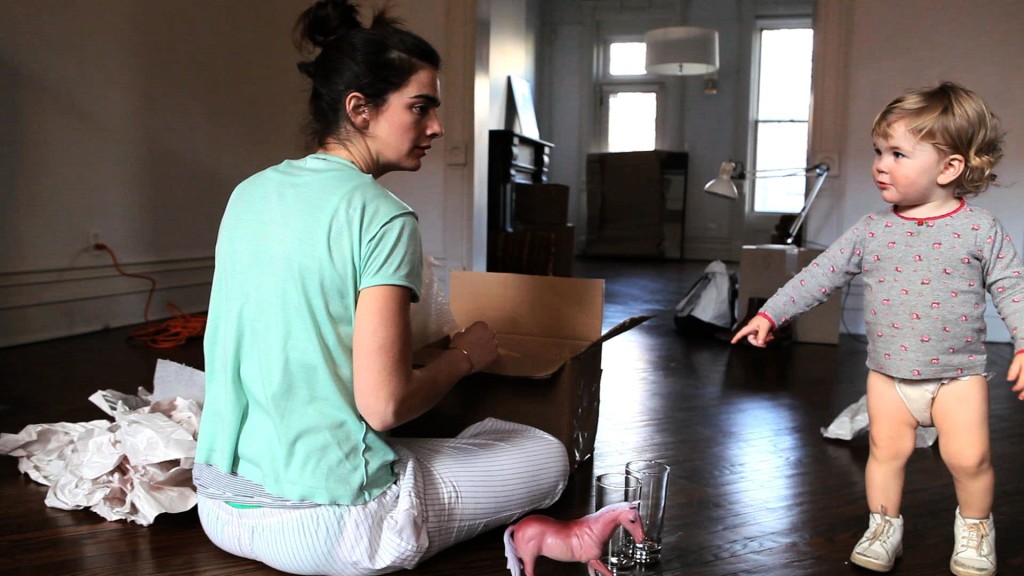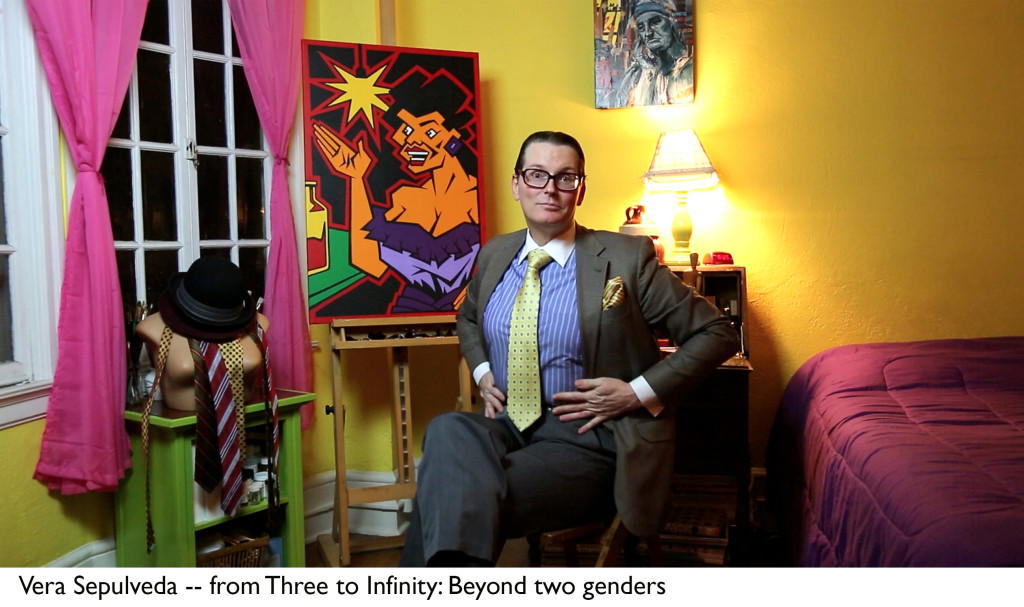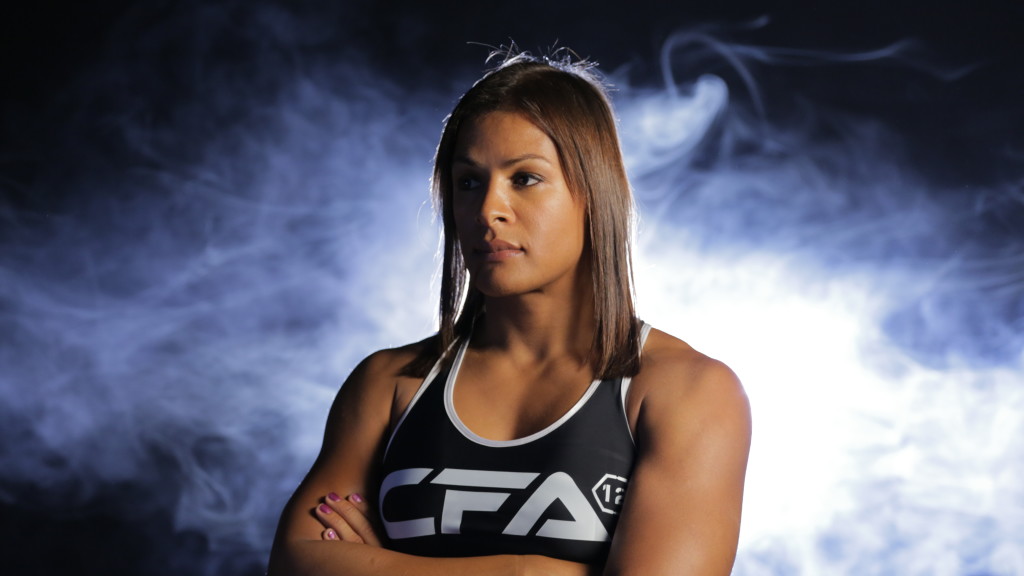
Shana Myara has the coolest job in the world. She gets to watch and assess cool, avant-garde cinema for a living. We are jealous all right. Shana has been part of the Vancouver Queer Film Festival (VQFF) for a while now. She is also a writer whose work has appeared in UBC’s Prism magazine. Shana has co-curated festivals like The Memory Festival and SUSTENANCE: Feasting on Food Culture at the Roundhouse. The VQFF is one of the city’s edgiest events. It will run from the 13th of August to the 23rd. The eloquent and multi-talented Shana gave us a thorough rundown on all the great surprises the festival has in store for Vancouver’s cinephiles this summer.
Can you tell us about how you got involved with the VQFF?
I first became involved with the VQFF about 15 years ago. The festival is going into its 27th year now. I joined as a member of our programming committee. I was basically a volunteer working for the selection team, helping with reviewing films that were submitted to the festival, and with determining themes for the year. After that I was hooked and have not left since!
Do you have a background in film?
I have a background in Community Arts and have worked my whole life to bring people together to do presentations of the arts of some kind. At the Roundhouse I focused on the performing arts and with the film festival I got to focus on queer film. My own background is that of a writer. I have done a lot of freelancing for non-fiction and have my own practice as a writer of fiction. The VQFF was my first opportunity to curate a full-blown film festival. Film curating is a pretty specialised field. The VQFF is a very grassroots festival. We are very connected to the communities that we serve here and the community aspect of my job is quite large and especially rewarding.
As the festival programmer how do you go about looking for interesting work to include in the festival?
The selection process lasts for the 9 months preceding the festival. We receive almost 700 submissions directly from artists and distributors. We also spend a lot of time doing curatorial research like developing relationships with artists and keeping track of what is the latest and greatest out there, in terms of queer stories. Our festival is interested in stories that are authentic, stories that are still not being seen in the mainstream or in popular sources. There is some curatorial travel involved too. This year I got to go to the Berlinale Festival in Germany as the juror for the Teddy Awards. It was a great opportunity for curatorial research as they are a well-known source for queer films. They have many premieres throughout the year. Events like these help us find exceptional work to bring back to our festival.
Did you have to watch a lot of films this year?
There are hundreds of hours of viewing every year. We are grateful to work with a really committed and thoughtful group of people in our programming group. The viewing work is spread out among twenty of us. We watch around a 100 hours of video submissions each year. I probably take on the bulk of that. We have many keen volunteers and festival staff who are watching these films as well.
What are your criteria for making a selection?
In terms of criteria, we are always looking for excellence in cinema. Stories that still appear from the margins are very interesting to us. The queer and trans communities have come a long way in the last 30 years since the birth of the festival. We are looking for unique stories. This year for instance we have a film called “Three To Infinity: Beyond Two Genders” which is talking about gender variant identities and specifically non-binary gender identities. We are interested in stories that are pushing the conversation forward. We are looking for stories that have the power to influence our communities into greater acceptance and understanding across differences- particularly around gender identity, race, class, ability. These are the films that are often most provocative. Their ideas are often presented in unique and interesting ways. You often have to be very creative when you are working with limited budgets and are still reaching up from the margins.

What are some of the highlights of this year’s festival? Are there films you think will make a big impact in the film world?
We have a really interesting line-up this year. As usual our festival tends to be a great blend of genres. Peter Greenaway, one of the leading art house directors of our time, has his newest film “Eisenstein in Guanajuato”, opening our festival this year. At the same time we have some great independent films like “Lyle” which is a horror film directed by Stewart Thorndike that stars Gabby Hoffman. We have a really exceptional mix of documentaries as well. It is hard to pick one or two stories that would represent everything that is going on in the festival. All the films this year are connected to the theme of “personal revolutions”. So something very personal and large or expansive is happening in each film.
How do you see queer representation in film change every year? What can be done to keep it growing?
Queer cinema has seen a remarkable unfolding over the last 27 years. We can see how queer representation has shifted just by looking at the trajectory of our own film festival. The stories are reflecting the great societal changes of the last 27 years. We are seeing a lot of stories where queer identities are centred within families. As opposed to stories of queer characters being outcasts or estranged from family. We are seeing more stories about gender identity and about moving that conversation towards an understanding of gender being something that is very personal and develops over a lifetime, instead of being fixed and defined at birth. These are the stories that are really taking us forward. We are seeing more and more international stories, as well. Documentaries that are reflecting what is happening in various parts of the world are part of our festival too. We have one film that is talking about the Ukraine in light of the regressive legislation that was passed in Russia. It shows how Russia’s aggression towards the Ukraine is connected to that legislation.
Do you think films and the media have a lot to do with the breakthroughs queer civil rights have achieved in the last few decades?
Film is a powerful medium. Films expose you to different realities and can help you change your understanding very subtly. They can bring awareness to a situation or to an identity that maybe you did not have before. We are all about exposing people to changing worldviews at the VQFF.
What are the challenges queer filmmakers face that the festival helps to eliminate?
There still is a bit of a divide in cinema. A queer film festival is still a much safer haven for queer films. Our closing gala feature is called “Game Face” which is about two athletes, one who is queer and one who is transgender. A film like that is guaranteed to have a very welcoming audience in our festival. Queer film festivals create great connections between queer filmmakers and audiences that embrace queer films. We are introducing queer subject matter and bringing it to their target audiences whereas other festivals might not feel ready to do so. They do not have the amount of space to give out to these conversations like we do. A regular film festival might have one film on gender identity whereas it is a whole spotlight in our festival because we are an identity-based festival. We have a close connection with our audience that we have been developing for 27 years. So much of our festival is about experiencing the line-ups and the parties and the community connections. It is not an isolated, individualistic experience. It’s like come and be part of this whole thing!

Do you have any recommendations for films that personally struck a chord with you?
One of the films that I loved this year was called “Grandma” starring Lily Tomlin. It is just such a refreshing script. It comes across as a project that came about very gleefully. There seems to be a lot of glee in the script. Lily Tomlin plays a grandmother finding the funds to help her granddaughter have an abortion. It sounds like a very in-your-face script but it is more of a light feminist comedy. It is so refreshing to see the filmmakers breaking all the rules. Sometimes you don’t know what is missing in Hollywood until you see a film like this.
After watching so many films do you ever become immune to the power of movies?
I have become a little impatient with films that I sense are not successfully meeting their own ambitions. But a really great film has the potential to grab you every time.
Do you have plans of making your own films in the future?
I have co-produced a short film called “Newcomers Swim Every Friday” with the Vancouver director Meghna Haldar. I have plans for more screenwriting but writing remains my main focus. It takes a very singular vision to create a feature film, especially to come up with the funding for it. I like to leave that to the people who have that beast burning in their belly!
Can you tell us about the workshops and classes that are part of the VQFF this year?
We have a masterclass with a visiting artist from Korea called July Jung who created a feature film that got her a 3-minute standing ovation at the last Cannes Film Festival. She is our centrepiece gala director and we are flying her from Korea. It is a special moment for us at the festival. The masterclass will be all about the art of filmmaking. She will walk you through the first three short films that she made and how she was able to make a full-fledged feature eventually.
We have two more workshops for anyone interested in getting their first productions off the ground. One is by the producers of a film we are showing called “What We Have” and they will be delivering a workshop called “Nailing the Picture”. The other workshop is called “Make the Film You Want To Make” and it will be conducted by Stewart Thorndike who will talk about her experience of being a female director of horror films. She will talk about the uphill battles of going against type. Everyone was trying to convince her to not make a horror film for a women’s audience but she proved them all wrong by making a film with Gabby Hoffman. She will talk about not waiting for people to give you permission, but to just go ahead and make the film you want to make and get that singular voice of yours out there. The two workshops are FREE! And the masterclass is the price of a ticket admission.
Plan your VQFF visits and buy your tickets here!
-Prachi Kamble
